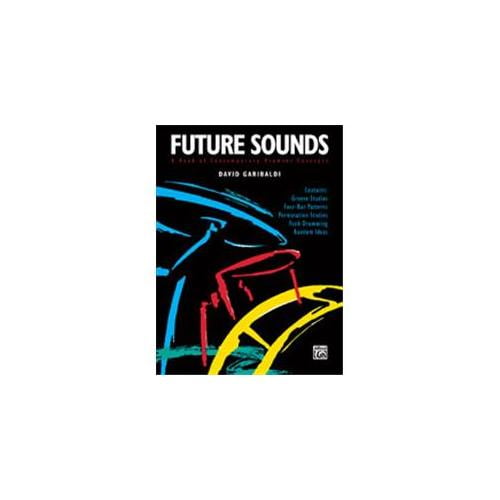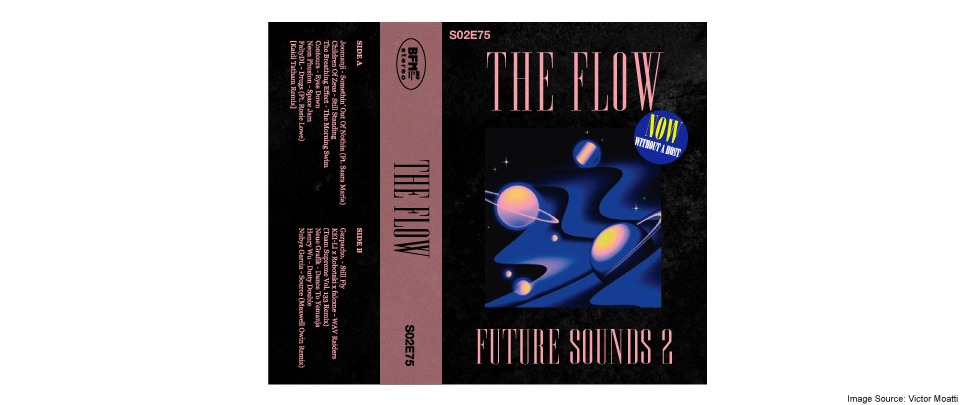
Beginning with the term itself, music writer David Stubbs has sought to do just that, placing what Simon Reynolds calls “the ultimate music” in a historical and cultural context in order to understand how bands as stylistically disparate as Cluster and Faust came to be caught in the same net.Ĭonsidering that it was abroad where bands like Can and Kraftwerk made the biggest impact, it was fitting that we met David in a French cafe over an English tea to explore the conceptual and historical framework of the genre as explored in his new Faber-published book Future Days: Krautrock And The Building Of Modern Germany. Perhaps more than almost any other music, krautrock defines and is defined by its context.

As it was, their rehabilitation of what it meant to be German in post-war Europe began abroad, a cultural export that marked a radical rupture from the lederhosen glad glibness of Schlager and the false claims any German artists had on the ‘blues’, a music and a sense of being about as foreign to the German sensibility as autobahns would have been in the Mississippi delta. Their rejection of over-cooked Anglo-American rock forms was wilful and would have been controversial in Germany, had any one really been paying attention. Although it was, as David Stubbs explains, a ‘posthumous music’, categorised as such long after the moment had passed, bands like Kraftwerk, Can and Neu! couldn’t have been more self-conscious in their attempts to redraw a sense of German cultural identity. There’s a paradox at the heart of the music first disingenuously and now somewhat more affectionately known as krautrock.

We caught up with music critic and author of a new definitive history of krautrock David Stubbs to find out more about one of the most defining eras in modern music.


 0 kommentar(er)
0 kommentar(er)
